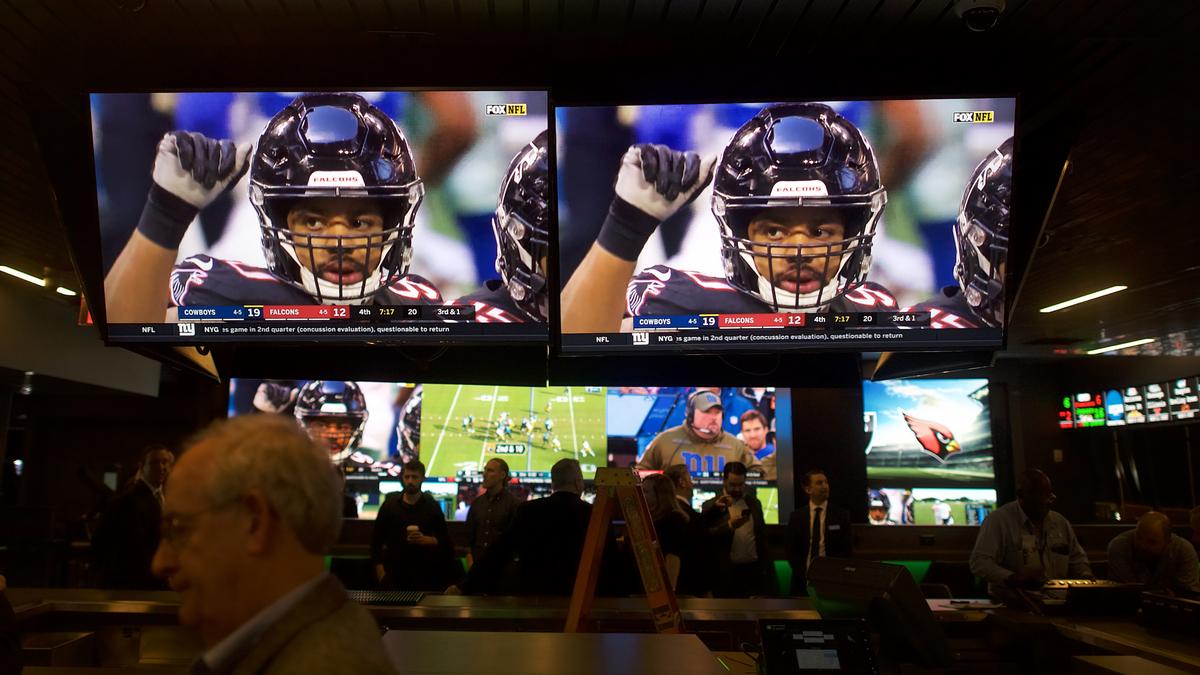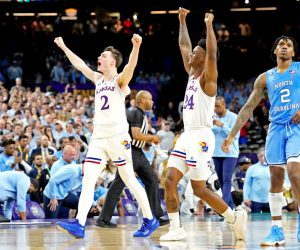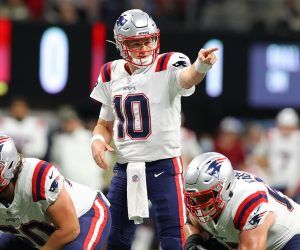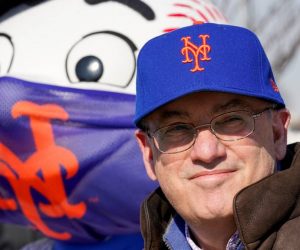The D.C. Council approved a sports betting bill in a final vote on Tuesday, a move that is expected to bring legalized sports betting to the nation’s capital.

The bill, which was approved by an 8-4 vote, is expected to be signed into law by Mayor Muriel Bowser.
Lack of Competitive Bidding Causes Controversy
The vote came after a discussion that lasted only a few minutes. Two weeks ago, the first reading of the bill saw it pass by only a 7-6 margin, before earning a slightly more comfortable margin of victory on final passage.
The bill has been controversial largely because it bypasses the normal procurement process that would have required bidding to take place on the contract to run the D.C. Lottery’s sports betting infrastructure. Instead, an emergency measure was approved that would allow Intralot, the lottery provider for the city, to also serve as the sports betting operator without a competitive bidding process.
According to supporters, such a measure is necessary to get sports betting up and running in the District as soon as possible. Councilmember Jack Evans, who sponsored the bill, has cited a study that says the city could lose out on as much as $60 million if the bidding process lasted for two years or more.
The decision will keep any potential competitors from having a chance to participate in the market. That was a concern for some councilmembers, as some felt there would be significant negative public perception if there wasn’t a competitive bid for the right to run sports betting in the city.
Congress Unlikely to Intervene
Fears such as those were still on the minds of the four councilmembers who voted against the bill again on Tuesday. But members like David Grosso said there were other reasons to oppose the legislation, including the fact that Intralot had recently seen its credit rating lowered by Moody’s.
“I will be voting against this bill once again,†Grosso said before the vote. “[This is] a vote against Intralot’s rating downgrade, a vote against streamlining a tax of the poor and a vote against pay-to-play behavior. And I urge my colleagues to do the same.â€
Ultimately, however, that argument did not win the day. With Bowser’s signature all but assured, the only hurdle remaining for the legislation could be intervention from Congress, which has 30 days to review laws that are passed by Washington, D.C. officials. However, federal lawmakers took no such step when a bill authorizing the use of only a single vendor for sports betting was signed by Bowser in January, making it appear unlikely that Congress has any interest in intervening.
D.C. Sports Teams Could Cash In
The hope is now that sports betting can be up and running in the District by the start of NFL season. The bill gives Intralot the exclusive right to offer mobile betting, but brick-and-mortar sportsbooks could potentially appear just about anywhere in the city. The one exception is near stadiums and arenas, which have a two-block exclusivity zone around them – allowing D.C.’s major sports franchises to set up shop without any local competition.
That’s a potentially lucrative clause for owners like Ted Leonsis, who controls both the Washington Wizards and the Washington Capitals.
“There’s probably $100 billion that’s in the shadows by really sophisticated gamblers,†Leonsis told ESPN last week ahead of the NBA’s All-Star Weekend. “Obviously the first step is we want to get that audience that’s gaming illegally to come into the sunlight.â€











